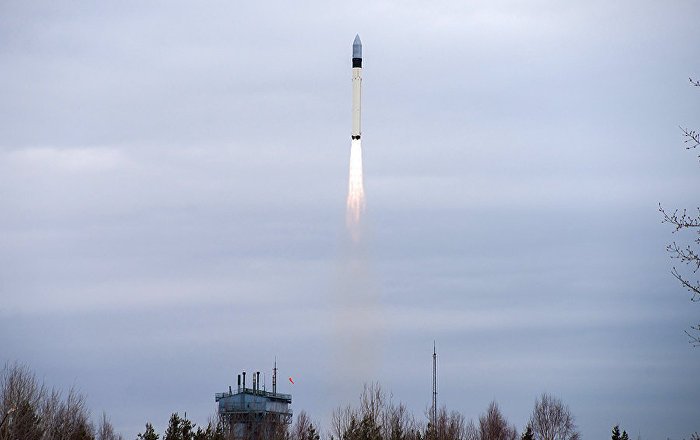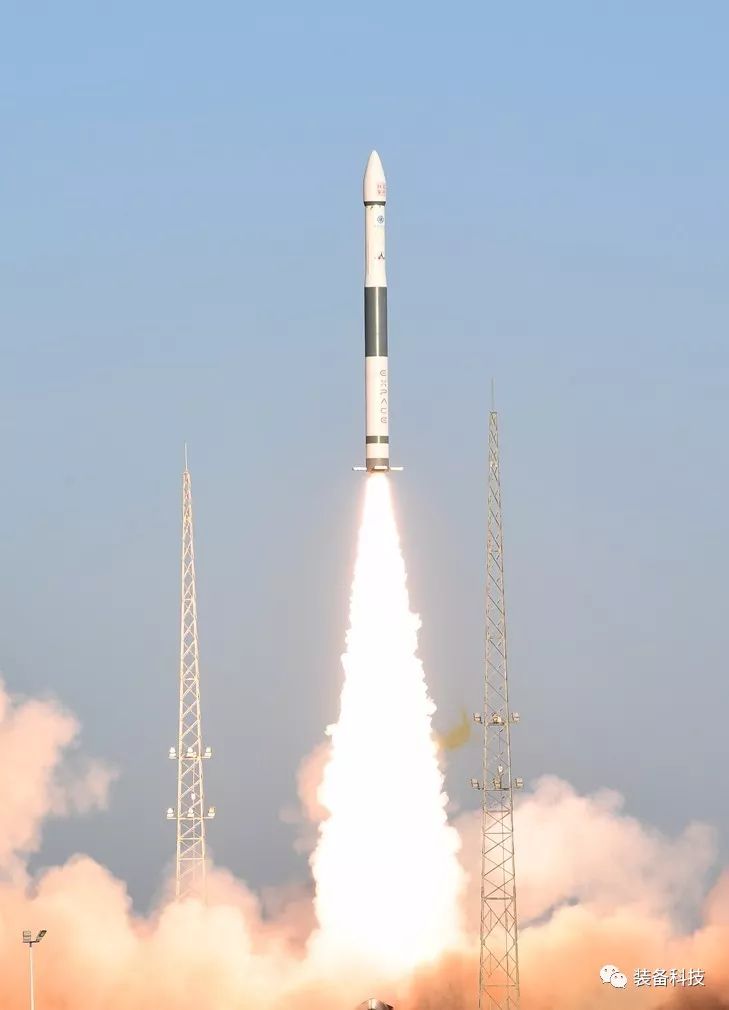
Launches
30 Aug 2019 1400 UT: Plesetsk Rockot, Geo-IK-2
30 Aug 2019 2331 UT: Jiuquan KZ-11, KX-09 and XX-1 experiments
A Rockot flight from Plesetsk carried the Geo-IK-2 Russian military geodata satellite to orbit, 30 Aug 2019 1400 UT. The brand-new KZ-11 rocket was lofted by ExPace from Jiuquan later the same day, at 2331 UT. The rocket carried two experimental satellites.
Vega failure announcement
ESA has announced the results of its independent investigation of the failure of arianespace Vega flight VV15, which appeared to fail just after first stage burnout. The report indicates that the second stage did in fact ignite, and looked good for just under 14 seconds, until a thermo-structural failure in the forward dome of the Z23 second stage motor caused catastrophic failure of the launcher.
A common type of thermo-structural failure in solid rocket motors is the presence of small small grain defects, such as voids or cracks, that can cause localized pockets of fuel to burn through too early. Because the fuel also acts as an ablative shield for the exterior skin of the rocket, burning through the fuel too soon is as bad or worse than using a blowtorch to cut the surrounding structure of the rocket.
A thermo-structural failure in a solid rocket motor was famously the source of the fatal launch failure of the Space Shuttle Challenger in 1986.
The fault is common in hobby rocketry, and is eliminated mainly by procedure and quality control in commercial space activities.

Further News
31 Aug 2019: New space launch regulations take effect in Australia
2 Sep 2019: Aeolus satellite moves to avoid OneWeb satellite
